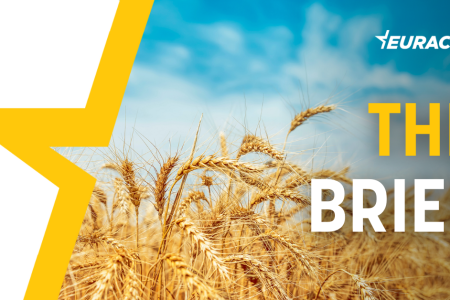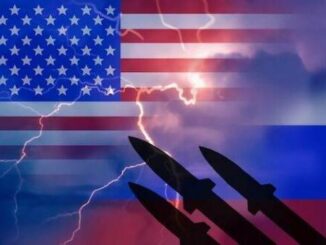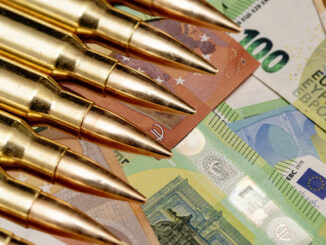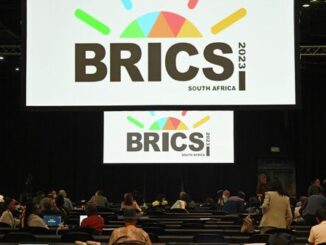
EU initiatives against Russia for its invasion of Ukraine have always excluded the agricultural sector. This is meant to avoid side effects on global food security, as Russia is the world’s largest exporter of wheat and a major player in the global fertiliser market.
Today, the solidity of these considerations is crumbling in the face of the political necessity to rebuild the pro-Ukrainian front, worn down by months of farmers’ protests, especially in Eastern Europe.
At an EU summit on Thursday, the European Commission President Ursula von der Leyen is expected to present to EU leaders proposals to restrict food imports from Russia, imposing duties on Moscow cereals.
The trade liberalisation with Ukraine, one of the ways the EU helps the Kyiv economy stay afloat, has had unintended consequences.
It has backfired, as the collapse in prices caused by the sharp increase in imports of food commodities, mainly cereals, has been one of the key drivers of the farmers’ protests in Eastern European countries, particularly in Poland, in recent months.
Tension has frequently risen between Kyiv and Warsaw because of farmers’ blockades at the border and grain spillage.
The powerful French cereal growers also sided with their Polish counterparts, and curbing excessive import from Kyiv has become a demand shared by the EU farmers’ organisations Copa and Cogeca.
In the meantime, according to European Commission data, the EU imported 1.1 million tonnes of cereals from Russia between July 2023 and January 2024, with each monthly import higher than the five-year average for the comparable month.
At a time when the price of cereals has sunk to its lowest level since 2020, and the Black Sea Ukrainian corridor exports are resuming, the idea is to ease the pressure on the EU market by restricting access to Russian wheat and other grains.
“If this disappears from the market, this will relax the situation,” the chair of the European Parliament’s Trade Committee, Bernd Lange, said today.
Many agree.
The Latvian Parliament approved a unilateral ban on the import (allowing only transit) of Russian agricultural products. Polish Prime Minister Donald Tusk, under pressure like no one else from farmers’ protests, said he wanted to follow suit.
On Tuesday (12 March), a number of European parliamentarians called for a similar measure at the EU level, highlighting the potential role of such trade in financing the Russian war against Ukraine.
“For certain products where Polish farmers are raising the most concerns, [there is] unnecessary competition from Russian products,” Ukraine’s trade representative Taras Kachka told Euractiv.
Last week, in a joint statement with Tusk, von der Leyen announced that the Commission was “evaluating the possibility of introducing restrictions on imports of agricultural products from Russia to the European Union” and “will come forward with a proposal shortly”.
After sharing a consensus, the political leaders will have to convince the farmers. Russian wheat production over the last two seasons has undoubtedly been at a record high. It is also true that imports of Russian cereals into the EU have increased.
But it is hard to see how having 1.1 million or even 1.5 million tonnes less can bring relief for prices and farmers in a continent expected to produce more than 272 million tonnes of grains this year.



